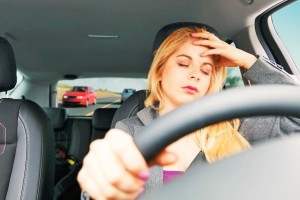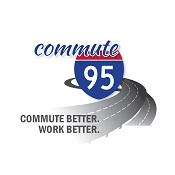
Feeling sleepy is especially dangerous when you are driving. Sleepiness slows your reaction time, decreases awareness and impairs your judgment, just like drugs or alcohol. People who are very sleepy behave in similar ways to people who are drunk. The impact that this has on traffic safety should not be underestimated especially during National Sleep Awareness Week.
To remain alert and avoid drowsiness, AAA Mid-Atlantic suggests:
- Getting plenty of sleep (at least six hours) the night before a long trip;
- Traveling at times when you are normally awake, and staying overnight rather than driving straight through;
- Scheduling a break every two hours or every 100 miles;
- Stop driving if you become sleepy; someone who is tired could fall asleep at any time – fatigue impacts reaction time, judgment and vision, causing people who are very sleepy to behave in similar ways to those who are drunk;
- Not planning to work all day and then drive all night;
- Drink a caffeinated beverage. Since it takes about 30 minutes for caffeine to enter the bloodstream, find a safe place to take a 20-30 minute nap while you’re waiting for the caffeine to take effect;
- Avoid sleepy times of day. Take a mid-afternoon nap and find a place to sleep between midnight and 6 a.m.; and
- Traveling with an awake passenger.
Symptoms of sleepiness include but are not limited to:
- Having trouble keeping your eyes open and focused;
- The inability to keep your head up;
- Daydreaming or having wandering, disconnected thoughts;
- Drifting from your lane or off the road, or tailgating;
- Yawning frequently or rubbing your eyes repeatedly;
- Missing signs or driving past your intended exit;
- Feeling irritable and restless; and
- Being unable to remember how far you have traveled or what you have recently passed.





